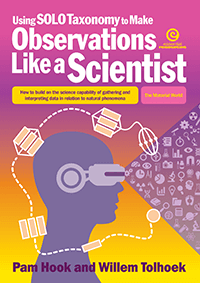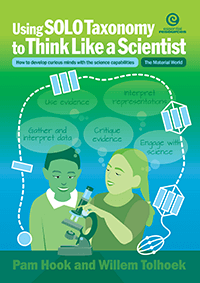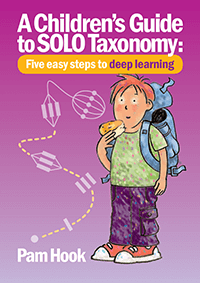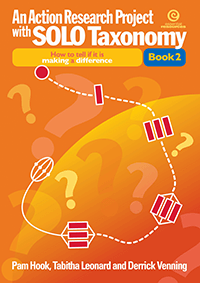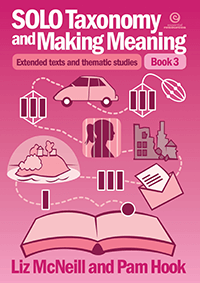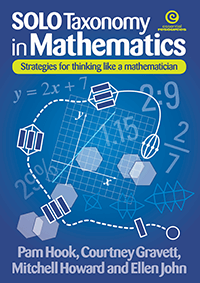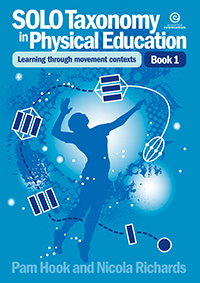
Using SOLO Taxonomy to Think Like a Scientist
How to develop curious minds with the science capabilities
|
AUD incl GST
|
Add to cart | |
| or more | each |
